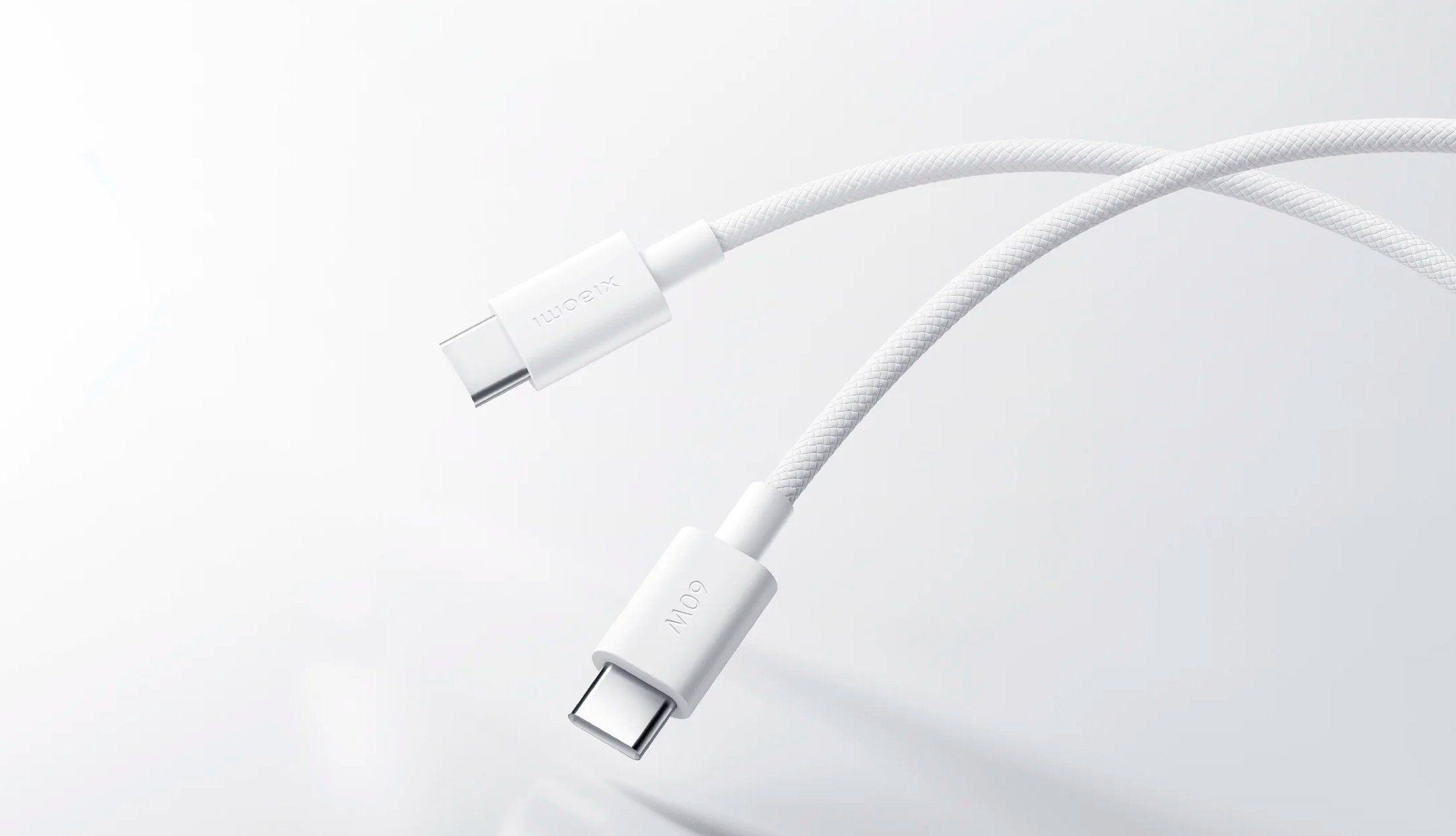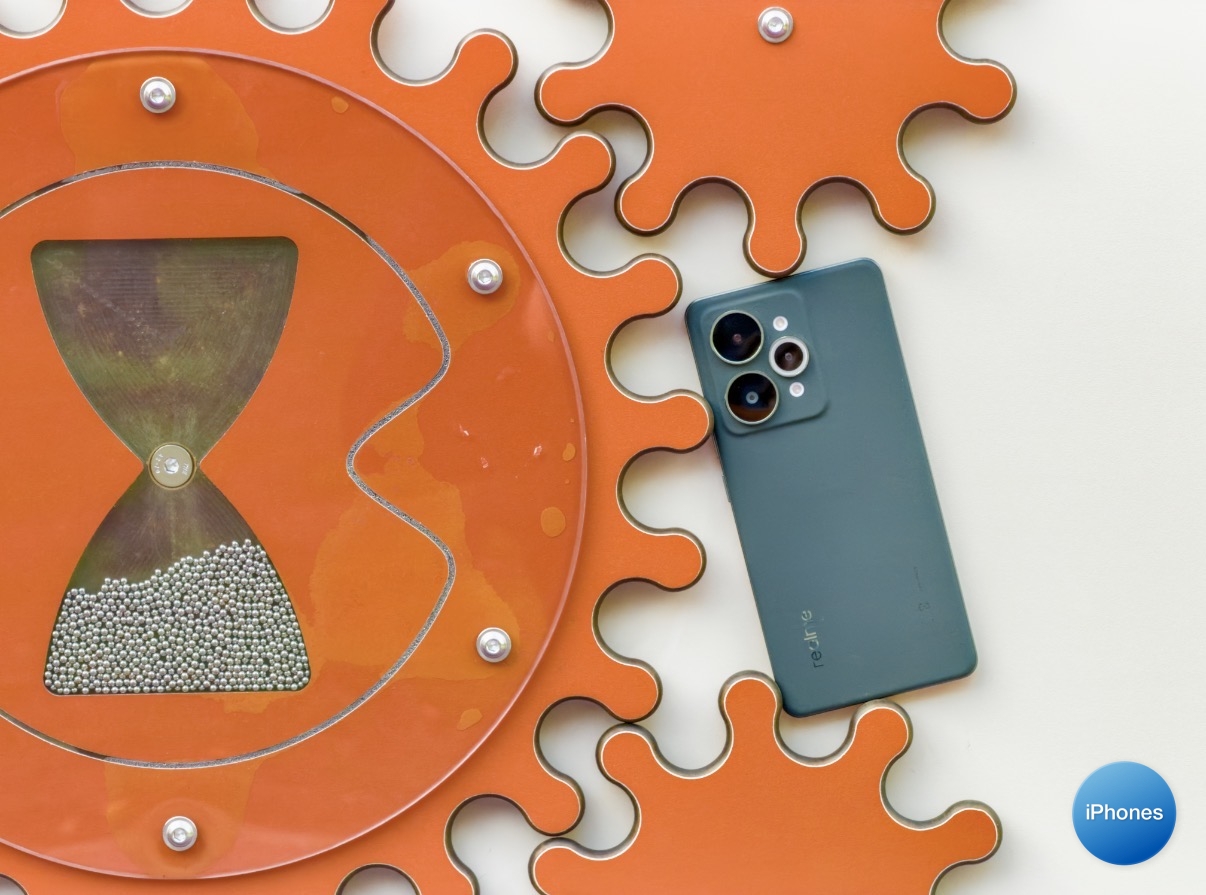consequences of space travel they have been widely studied since the first astronauts left our planet. However, taking into account the fact that space racealso need to study cumulative effects. That is, what to do if a person spends a lot of time in space? And if you barely have time to rest between one trip and another?
These two questions were asked by a group of scientists from University of Floridathe results of which have just been published in Scientific reports. In particular, they wanted to analyze one of the most famous effects of space travel: increase in brain volume.
It has long been known that astronauts’ brain volume increases due to the absence of gravity. On Earth it helps the body fluids distributed throughout the body, fail. However, this is not the case in space. Therefore, they tend to go up, accumulating, for example, a large amount of cerebrospinal fluid. Part of this increase in brain volume is believed to be due to astronauts’ vision problems, another of the most common consequences of space travel. Therefore, both the causes and the possibilities of recovery have been studied a lot. Now we know that the normal volume can be restored, but for now the astronauts are stopping. reasonable time between one mission and another.
Effects of space travel on the brain
The increase in brain volume caused by certain diseases is associated with walking problems, dementia and urinary incontinence. This has never happened to any astronaut. However, there is a lot of interest in knowing if there could be long-term effects.
For this reason, the authors of this new study performed MRI of the brain in 30 astronauts. Of these, 8 completed two-week flights, 18 were in space for half a year, and the remaining 4 – even longer.
The goal was to check ventriclesWhere cerebrospinal fluid, they are swollen on trips and, in addition, calculate the time required for their recovery.
Thus, they saw that all of them had an increase in brain volume. This would be even higher if they spent at least six months in space. However, once on the ground, everything gradually returned to normal. The problem is that this is a slow recovery, so those who started new mission too soon they did not have time to recover.
have to wait three years
According to the calculations made in the study, to fully restore these effects of space flight, you need at least three years between mission and mission. So far it has been relatively easy. However, there will be more and more manned space flights, so astronauts can be used on a more permanent basis. This study is very interesting because it establishes what the recovery time should be.
Of course, this is just one of the many purposes of space travel. It would be best to conduct other similar studies. about other symptoms. In this way, the astronauts of the future will be able to look towards that pale blue dot that the Earth is becoming in a much safer way.
Source: Hiper Textual













